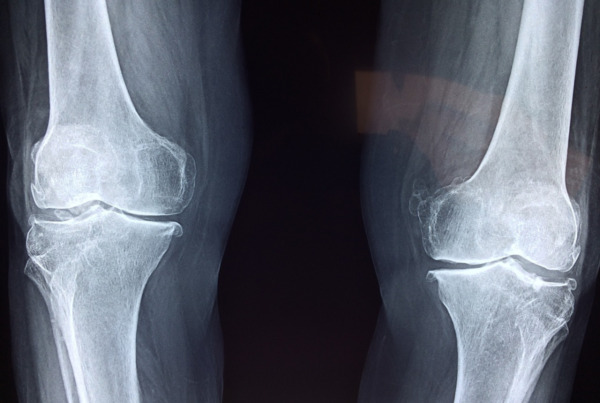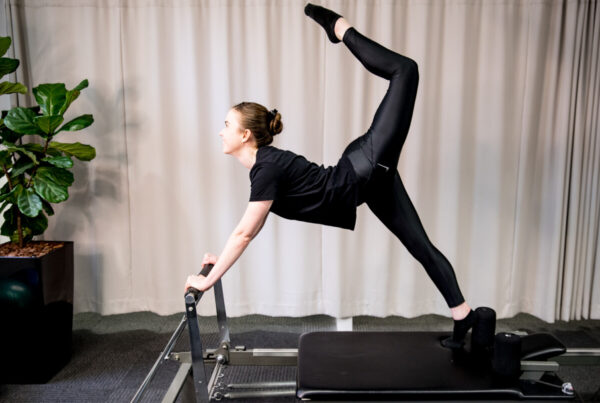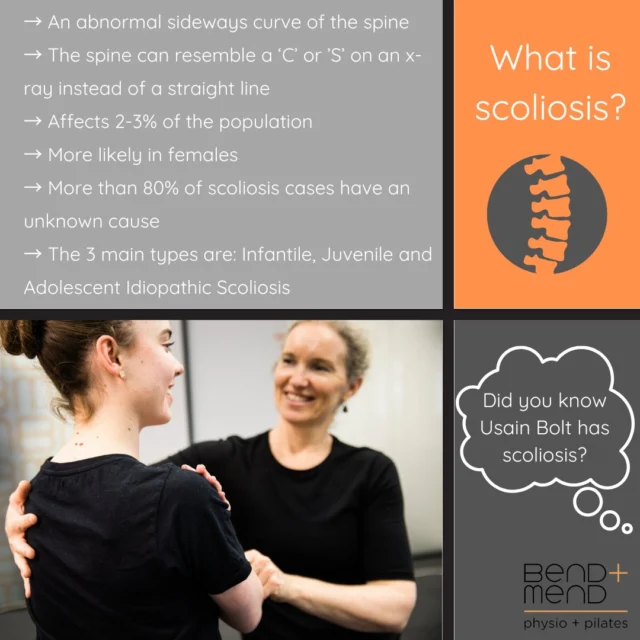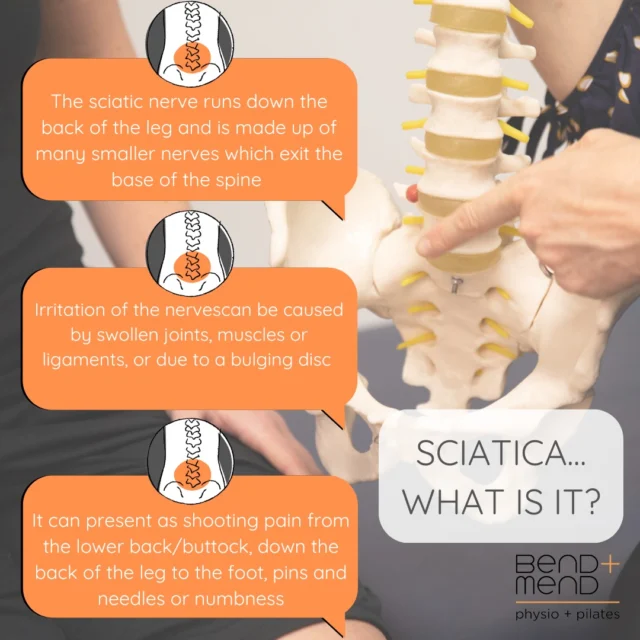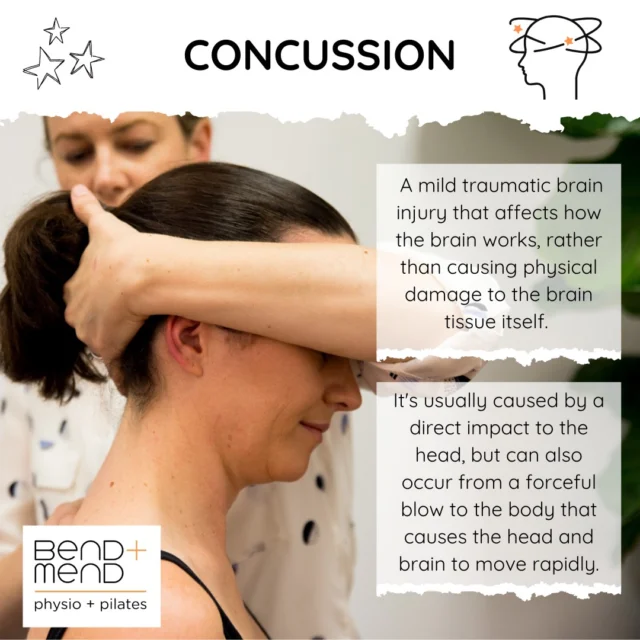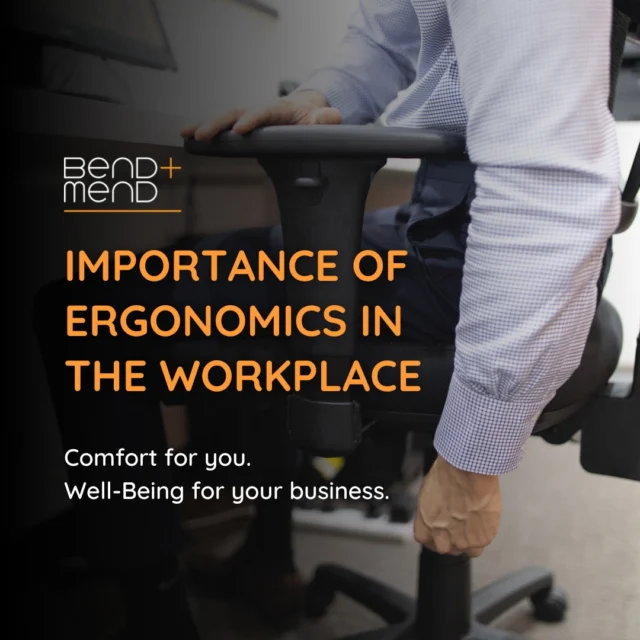Part 1: Let’s Start at the Beginning
Do I even need a “running shoe” for running?
Yes.
Sure, you could run barefoot or in wooden clogs if you wanted to. And yes, the great Cliff Young did it in gumboots. But if you’d like to make jogging or running a regular thing, then you want a shoe that is made specifically for running.
Trust me on this one. For comfort and safety, don’t muck around trying to run in your old sneakers or tennis shoes. Get yourself a pair of well-made running shoes and you’ll never look back.
Ok, running shoes it is. Why are there so many different kinds?
Running is popular and shoes are big business. The manufacturers try to offer something to suit everyone. So the difference shoes may be more or less likely to suit you depending on all sorts of considerations. These include: how much you run, how fast you run, what kind of feet you have, what part of the foot you generally land on and how much you weigh. Shoes differ in their shape, weight, cushioning and the amount of support to the foot. Then there are specialist shoes for racing, off-road and for promoting a certain running style such as the barefoot and minimal style shoes.
If you’ve ever sat next to a hardcore running nerd at a BBQ, you may have realised that we (yes, we) like to have all these different options to talk about and keep us amused. But for anyone who runs, if discomfort or injuries related to shoes are what stop you from staying fit and happy, then having all these options are great as well.
Does my choice of running shoe really make a difference?
Yes. But it isn’t the most important thing.
A good thing to remember is “FORM BEFORE FOOTWEAR.” For running success and injury avoidance, it is more likely to come down to how you train, your running technique and staying strong and flexible in the right places. Developing good running form takes time and effort and no shoe can do it all for you.
Shoes are likely to matter more when the wrong choice leads to problems. If you try running with a shoe that is way off the mark for you, then you could very well end up in pain and possibly with a serious injury. Let’s say you have had Achilles tendon problems in the past and the design of your new shoe suddenly places a high load on the Achilles. Or if you have flexible or weak feet and start running lots of kilometres in an unsupportive shoe. In these situations like these, your shoe will definitely make a difference. You’ll only be running into trouble.
If you are close to the mark, then slight differences in style or brand are unlikely to make a big difference to your performance or injury risk. However, if you’re patient or lucky, you might just find the shoe that simply feels fantastic to run in. This is the Holy Grail and for serious runners can make a big difference to their running happiness.
So what type of running shoes are the best?
As you may understand by now, this is not the right question to be asking.
Running shoes need to be tailored to the runner. There are no blanket recommendations and no such thing as a perfect shoe, no matter what an advertisement or talkative neighbour might tell you.
I like the line Robin Williams gives in the movie Good Will Hunting, when counselling the young Matt Damon. It goes, “You’re not perfect, sport, and let me save you the suspense: this girl you’ve met, she’s not perfect either. But the question is whether or not you’re perfect for each other.”
What about different brands?
No brand is the best either.
The big brands offer a wide range with at least one model in each of the main shoe categories. So let’s say we have worked out that you are suited to a fairly sturdy shoe with lots of cushioning, then you should try on the relevant model by Brand X, Brand Y and Brand Z. Then you’ll be able to choose between these based on fit, feel … and if you’re like me, fashion.
There are also smaller shoe companies that offer shoes based on a particular philosophy or targeting a certain need. This is the case with the “minimalist” trend several years ago, and now (don’t laugh) with the new “maximalist” designs. It’s great to have these options in the market, but if you are new to running then these probably aren’t for you.
I want new running shoes. SO WHAT SHOULD I DO??
Here it is.
The best thing you can do is to visit a specialist running store.
Use a search engine to find an independently owned store that is dedicated to running near you. There are only about ten stores across Sydney like this and they are the only ones I recommend. Not one of a chain of shops, not a big sports store. And please don’t feel you have to be a serious runner to do this. You’ll be made very welcome and beginners have arguably the greatest need for good advice.
At a specialist running store you can be confident of being helped by someone who knows what they’re doing. They may use some form of gait analysis but the real value is their role in guiding you in trying on lots of different shoes. The process may start with looking at you barefoot and in a “neutral” shoe then will compare how you perform and how you feel running in different styles. By the end of this whittling down process you’ll find at least one pair that is a winner. If there’s more than one, you get to choose the one that looks the best or that makes you happiest!
If you are an experienced runner and already know a model that you’re happy with, it is still the way to go. Start by trying the newest edition of your current shoe, as the model may have changed and you might have too. Then they can let you compare this to some other contenders to really fine tune your choice.
So visit a store, allow at least half an hour and come away with the confidence of having two new best friends on your road to running happiness. You won’t regret it.
What if I have pain with running?
This is when you need to see an experienced physiotherapist. Making a change to your shoes is no substitute when pain is involved.
Blake and the team at Sydney CBD’s Bend + Mend offer a comprehensive Running Assessment that is designed to cater for all needs. Whether you’re new to running or a seasoned marathoner; if you’d like to help a particular problem or purely improve your performance. This is your chance to shine a spotlight on your running and learn ways to get more out of it. All enquires are welcome via physio@bendandmend.com.au

